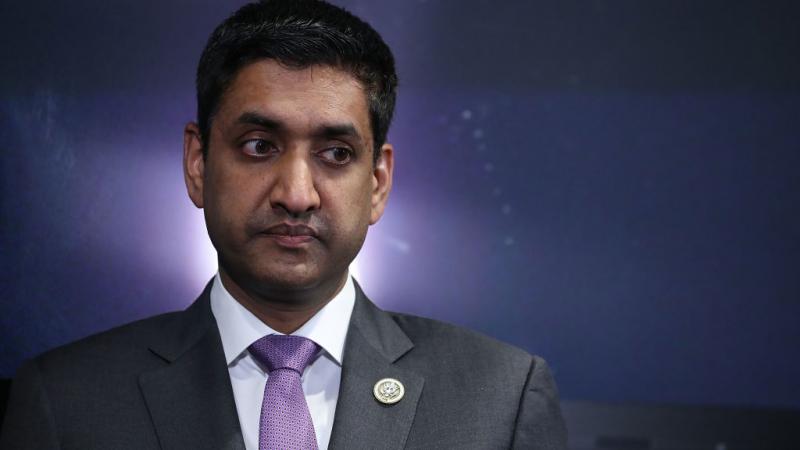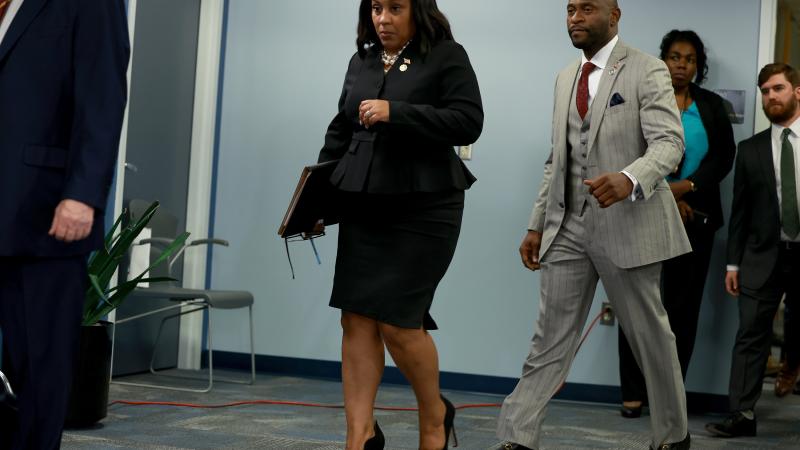Taliban set to bring back public executions and amputations
Despite attempting to project a new image of moderation, the Taliban remain committed to a hard-line, conservative brand of Sharia law.
Executions and punitive amputations are set to return to Afghanistan, a senior Taliban official indicated in an interview with the Associated Press.
Mullah Nooruddin Turabi, one of the founders of the Taliban — and head of the religious police during its previous rule — attempted to downplay the Taliban's gruesome history of public executions and amputations in an interview with the news agency.
"Everyone criticized us for the punishments in the stadium, but we have never said anything about their laws and their punishments," Turabi said, referring to public executions conducted by the Taliban in the 1990s.
"No one will tell us what our laws should be,” he continued. "We will follow Islam, and we will make our laws on the Quran."
Turabi has long advocated for harsh enforcement of Islamic law, known as Sharia law, within Afghanistan. Punishments permitted under this legal system may include public executions for people convicted of adultery, or who are suspected of being a homosexual.
According to Reuters, death sentences were extremely public under the Taliban's previous rule. Between 1996 to 2001 there were numerous reports of people being stoned to death in the middle of soccer stadiums, or crushed by a military tank in a public square.
Turabi did say that they have not decided whether executions will be made public, but he did defend public amputations for people convicted of thievery.
"Cutting off of hands is very necessary for security," he said, adding that it had a deterrent effect. He went on to say the Taliban government was going to "develop a policy" as to which punishments should be public.
Turabi's comments come at a time when the Taliban is trying to portray itself as ideologically moderate in order to gain wider legitimacy on the world stage.
The U.S. and international groups have threatened the Taliban with isolation and harsh sanctions if it returns to its former ways.















